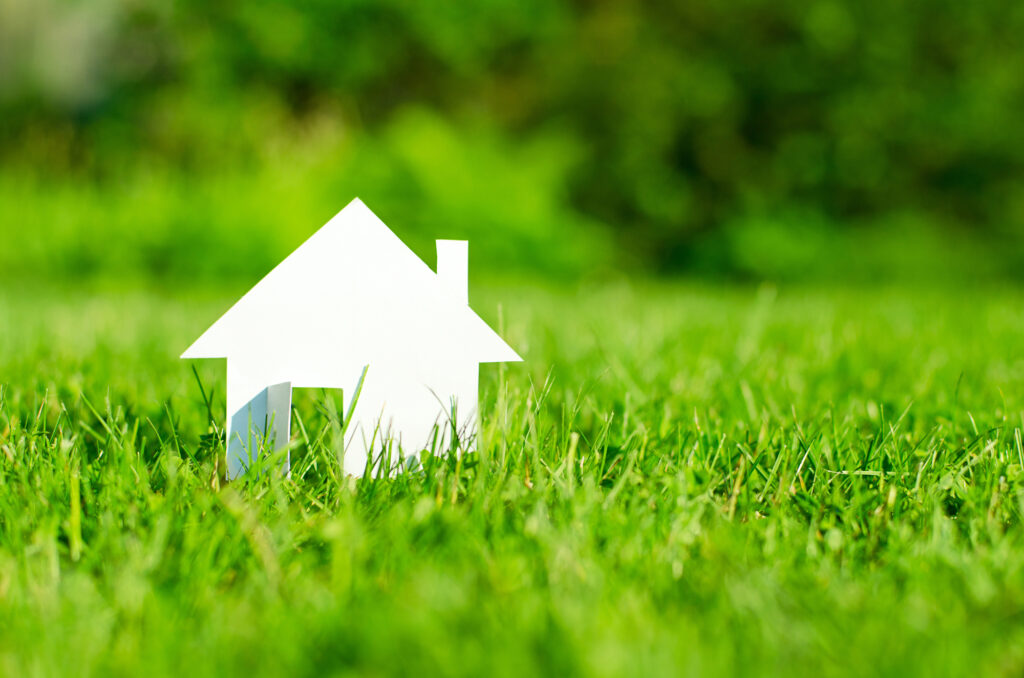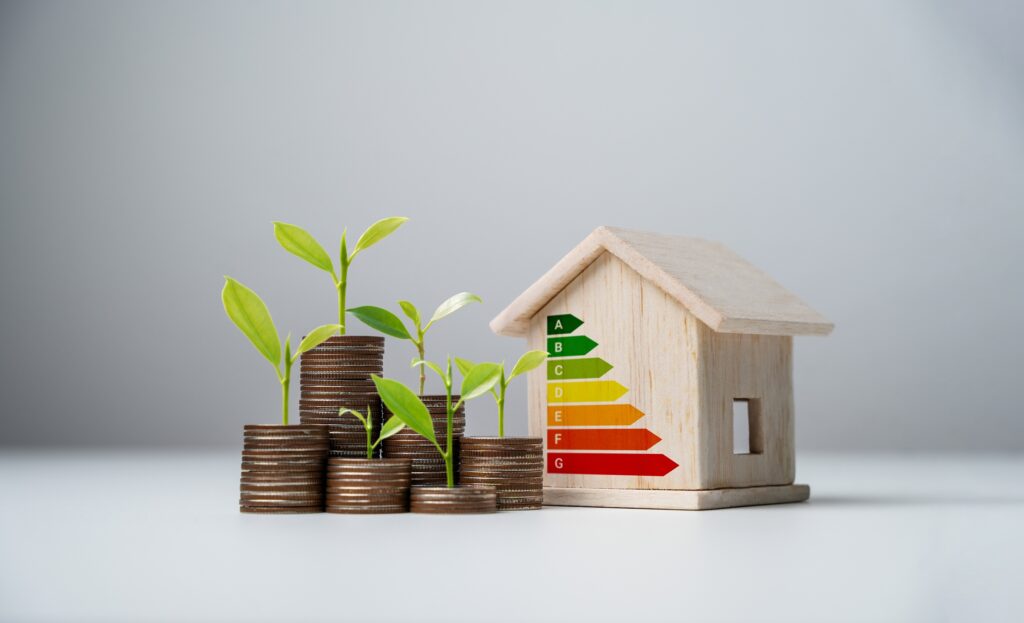Articles
banks as enablers and partners
Building Local Governance and Partnerships
Through local cooperation, COHEAT helped municipalities, utilities, citizen groups, and banks come together in new ways. These partnerships improved the alignment between municipal energy planning, district heating development, citizen engagement, and financial facilitation. The result was a more coherent and coordinated approach to implementing local energy and renovation strategies.
7. May 2025

Banks as Active Partners
A key achievement was the stronger involvement of banks in local energy transitions. With better insight into the technical and economic aspects of energy renovation and heating technologies, banks began cooperating more actively with municipalities and energy advisors. This made financing options more accessible, tailored, and aligned with citizens’ needs, while also establishing closer links between local planning and financial services.
Mobilising Private Investment
COHEAT demonstrated that substantial private investment can be mobilised from homeowners without relying on complex financial instruments, as many financed renovations through savings or standard mortgage loans. However, vulnerable homeowners often lack this opportunity. For lower-income households and properties with limited collateral value targeted and innovative financial solutions remain essential to reduce risk and ensure affordability.
Access to Finance
The project confirmed that the main challenge is often not the availability of money, but access to financing. This depends on both homeowners and banks having the right information, tools, and trust to act.
- Homeowners need clarity, guidance, and confidence.
- Banks need reliable documentation, credible assessments, and structured project pipelines.
COHEAT helped create this enabling environment at the local level. At the national level, the partnership between the Danish government and the financial sector further supported the development of green loan products and assessment tools, making financing more accessible, understandable, and actionable for a broader range of citizens.
Looking Ahead
The first experiences show that engaging banks as active partners in the energy transition leads to promising results. Yet important steps remain. Scalability will be key – models that have worked in frontrunner municipalities must be adapted to areas with different economic, social, and technical conditions.
Financing structures also need refinement: while standard green loans may suit households with strong financial capacity, low-income families require tailored instruments, supported by guarantees or public funds such as the Social Climate Fund. Developing risk-sharing mechanisms will be crucial to unlock private capital at scale.
Banks are ready to contribute, but they need access to robust data, planning tools, and regulatory clarity to reduce uncertainty. With these elements in place, municipalities, citizens, and financial institutions can jointly accelerate investments in green heating and energy renovation.
CASES
– In Sønderborg, banks such as Sydbank, Arbejdernes Landsbank, and Andelskassen became integral partners in the city’s climate strategy. By cooperating directly with the municipality and the local utility SONFOR, they aligned their financial products with the district heating expansion and renovation campaigns.
– The PDU Funen Green Building Days brought municipalities, technical experts, and banks together to inspire homeowners to renovate and switch to green heating. Local banks advised on green loans and financing options, directly linking renovation plans with affordable funding. This collaboration lowered barriers for citizens and strengthened trust between municipalities, financiers, and households.


